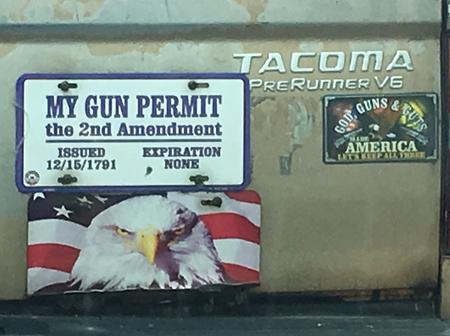Media, Guns and Violence: El Paso, Dayton and the Conversations We Need to Have
“How much longer must we continue on this cycle until real change is implemented to prevent this epidemic of mass murders?”


Over the weekend, in the span of about 13 hours, more than 30 people were killed in El Paso and Dayton, Ohio.
The first attack is believed to be carried out by a 21 year old man who is the likely author of an anti-immigrant manifesto posted online before the attack. The second by a 24-year-old who managed to kill 9 people and injured 27 more in just 30 seconds.
The worst part is that these are only the most recent killings. There were two more earlier last week and there have been many more this year alone.
On Detroit Today, experts discuss the root of these attacks and potential solutions.
“It’s about guns, it’s about the types of guns, it’s about extended magazines” and it’s about our culture of violence in society, says former FBI Detroit Division Special Agent in Charge Andy Arena, who is now executive director of the Detroit Crime Commission.
Austin Sarat, an Amherst College political science professor and expert on gun violence, says he believes we can have a productive conversation about firearms in America, but it must happen at the ground level.
“Gun owners and people who are not gun owners live in very separate worlds,” says Sarat. “I think the conversations that need to occur need to occur at the grassroots level. There are lots of things gun owners and non-gun owners have in common.”
John Temple, director of UC Berkley’s investigative reporting program, says the media must take some responsibility for the way it has covered these incidents, and can do better in the future.
“I think there’s a danger in the around-the-clock coverage if it isn’t deep and it’s not incisive, because I think it can become numbing,” says Temple. “I would really try to show that there’s this ongoing cost that’s enormous for our society and that’s worth getting into. And who’s paying for that?”
